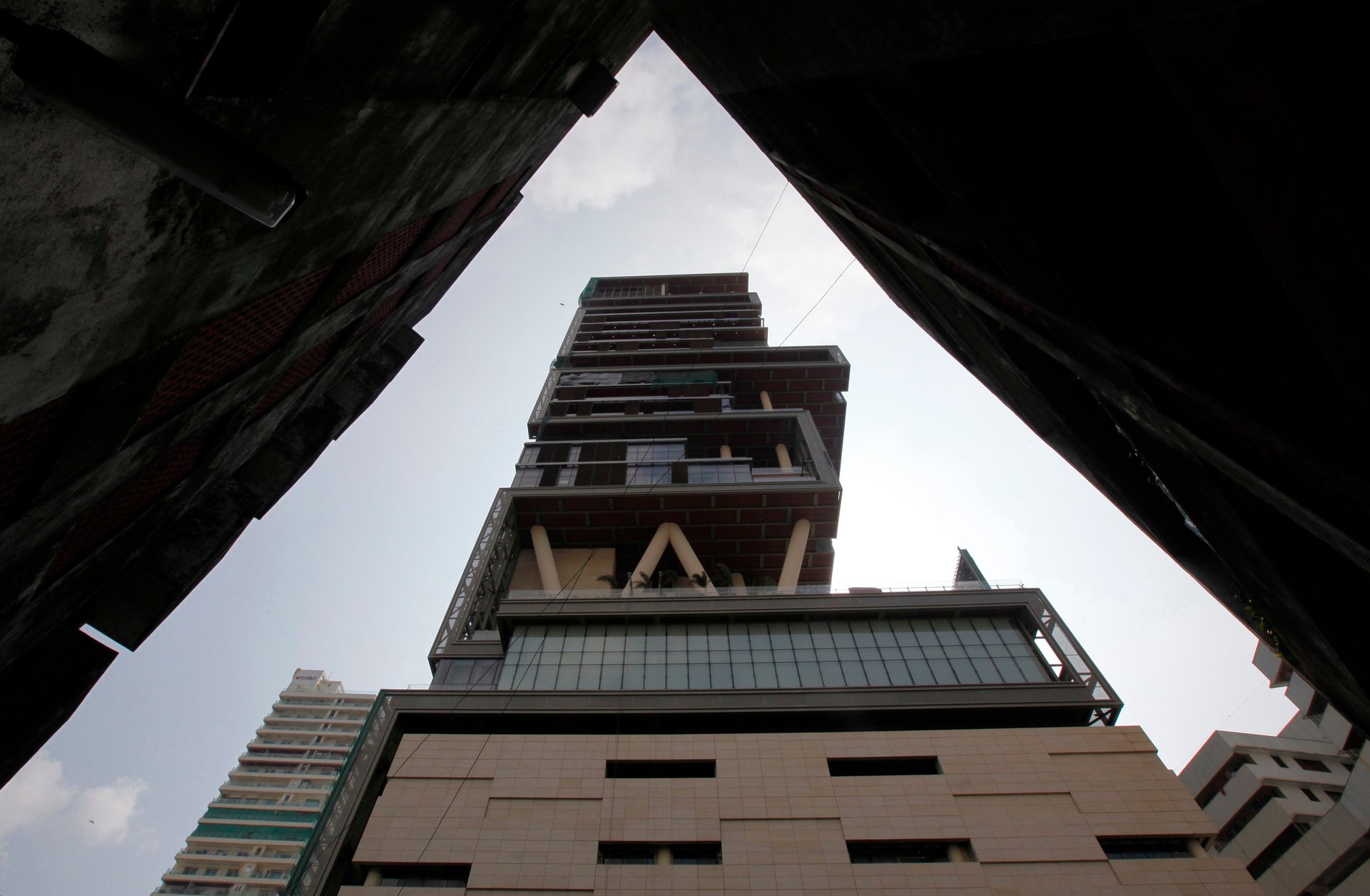India’s private wealth could triple by 2027—the fastest growth in the world
Indians are minting money like nobody’s business.


Indians are minting money like nobody’s business.
Between 2017 and 2027, India’s total wealth—the private wealth held by all individuals in a country—is slated to grow from $8.23 trillion (Rs557 lakh crore) to $24.7 trillion, rising 200%, as per the 2018 Global Wealth Migration Review by the AfrAsia Bank. The total wealth includes assets—property, cash, equities, and business interests—less any liabilities.
The estimated growth of total wealth in India is far higher than global trends.
Global wealth is expected to rise by 50% over the next decade, reaching $321 trillion by 2027. After India, China is expected to log the next highest growth rate of 180% to reach a total wealth of nearly $70 trillion.
Aside from a strong growth forecast in the traditional industries like financial services, IT, real estate, health care, and media, AfrAsia Bank credits a “large number of entrepreneurs, good educational system and (an) English-speaking” population for pushing India into the league of the world’s fastest-growing wealth markets.
India’s richest have historically belonged to prominent business families like the Tatas, Birlas, and Ambanis, but self-made individuals now comprise more than two-thirds of the country’s billionaire cohort. For example, Vijay Shekhar Sharma, founder of India’s largest digital payments platform, Paytm, is India’s youngest billionaire.
The share of Indians in the global billionaires club climbed up from 1% to 5% (pdf) over the last twenty years. Currently, India is home to the third-highest number of billionaires in the world at 119.
In addition, six of the ten Asian cities that will drive global wealth growth, as per AfrAsia, are in India.
The promising predictions for India are in line with the country’s performance so far. India’s wealth growth between 2016 and 2017 was the fastest among all nations at 25%.